Focusing on People: Dr. Studts Discusses Quality Implementation of Lung Cancer Screening Program
By Jamie L. Studts, PhD, Cecilia Brown - Last Updated: October 8, 2024Jamie L. Studts, PhD, of the University of Colorado School of Medicine and the University of Colorado Cancer Center, joined Lung Cancers Today at the IASLC 2024 World Conference on Lung Cancer to discuss his research on lung cancer screening. Dr. Studts presented an abstract on quality implementation of lung cancer screening (QUILS™) with baseline data from 10 programs in Kentucky.
“Our work in Kentucky is relevant because Kentucky is a state that has the highest incidence and mortality of lung cancer and we’ve been able to leverage our work in order to really accelerate lung cancer screening in Kentucky,” Dr. Studts said.
The research Dr. Studts presented at the IASLC meeting was related to the quality implementation of lung cancer screening with the QUILS™ system, which includes 4 components, including quality assessment.
“The next components involve giving feedback to the lung cancer screening programs in an audit and feedback approach,” Dr. Studts explained. “Then, we provide a resource portal that marries up their deficiencies or opportunities for improvement in terms of quality screening practices and policies within their programs…. Finally, there’s coaching and test technical assistance from our expert team when lung cancer screening programs have specific issues that may not be addressed in our resource portal or may be unique to that particular program.”
Dr. Studts described what he and his team have observed in the 10 lung cancer screening programs in Kentucky.
“When it comes right down to it, the issue that we found was that programs were getting the technical aspects of lung cancer screening correct. They were screening the right people, doing the right follow-up and things like that,” Dr. Studts said. “Where they weren’t getting things quite as optimally implemented was in the people side of lung cancer screening, where we work on building in the person-centeredness of lung cancer screening such as shared decision-making tools to help people engage in the process or risk reduction.”
This highlights the importance of community engagement and socially informed communication surrounding lung cancer screening.
“In order to normalize lung cancer screening in our communities, we have to be out in the communities, communicating with primary care clinicians to help them integrate it as part of their routine workflows, as well as working with community organizations that represent individuals who are likely to be eligible for lung cancer,” Dr. Studts said. “We really need to work on our community outreach and engagement activities as well.”
Dr. Studts said it will be critical to build trust within communities, reduce the stigma associated with lung cancer, and communicate “how transformative the innovations in lung cancer care have been.”
“We have all the optimism that we’ve never had before. Our society doesn’t understand that yet… therefore we don’t have any social facilitation, any social support around lung cancer screening,” he said.

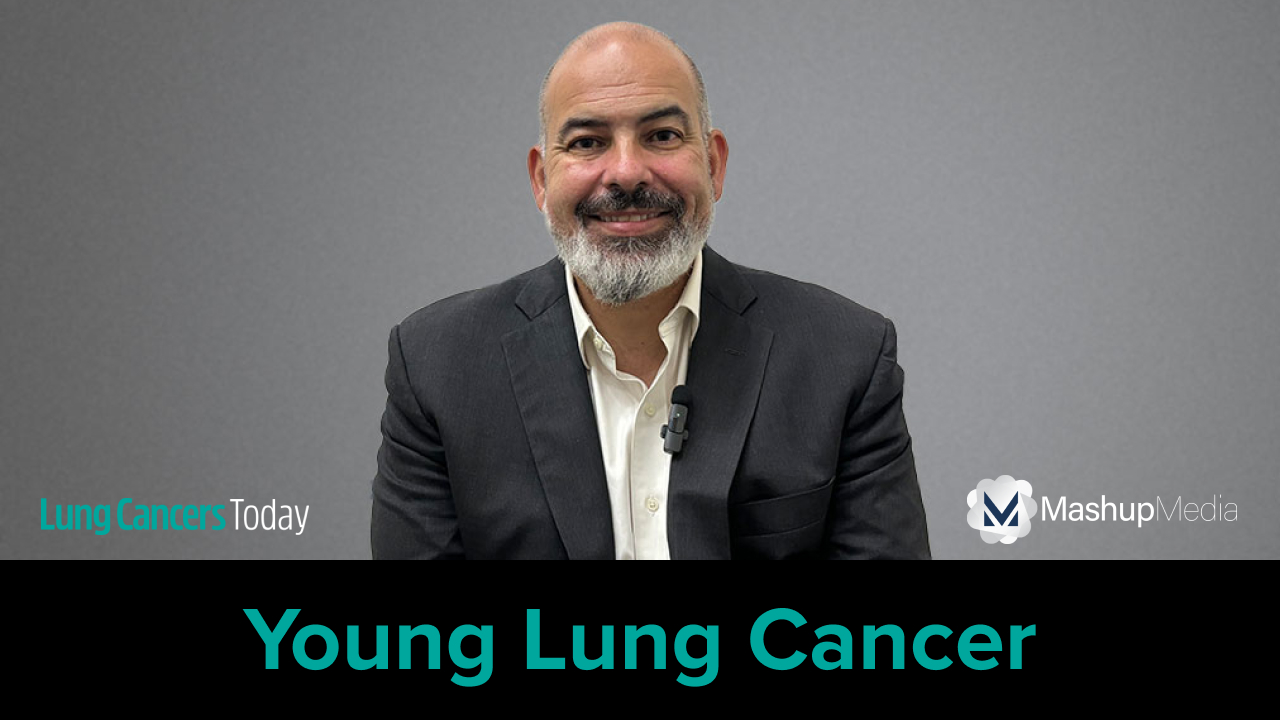
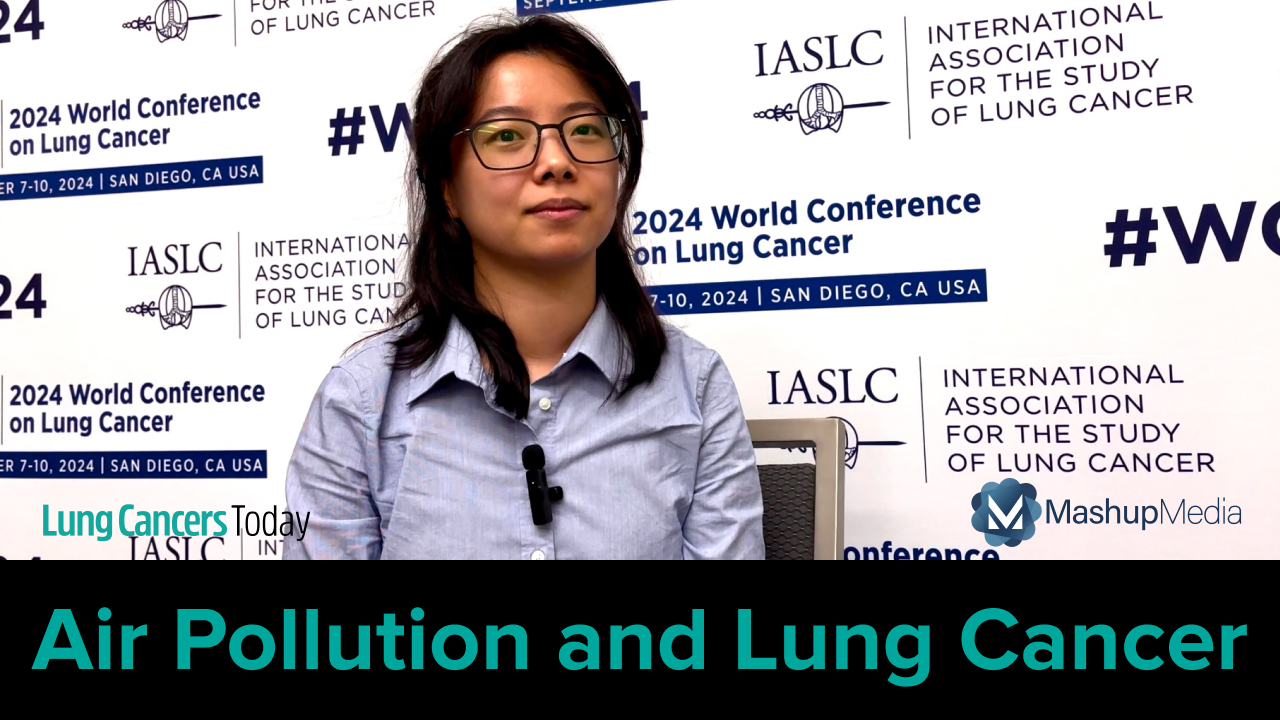
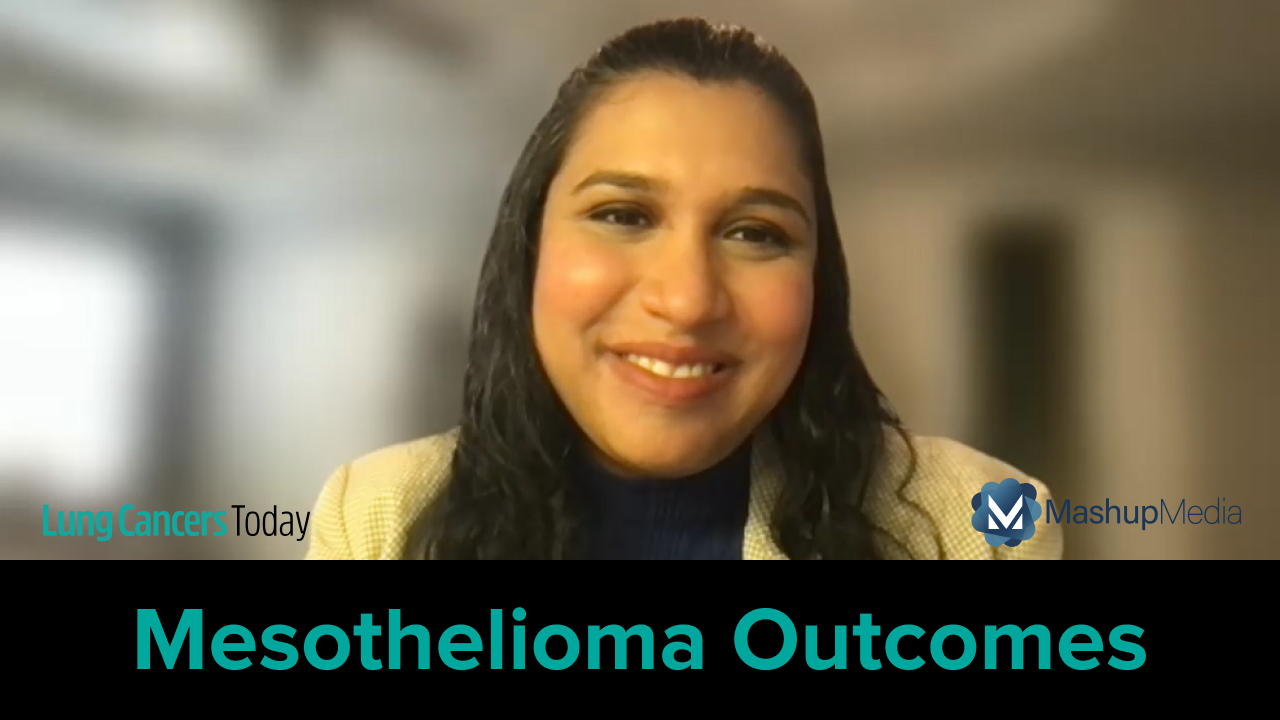
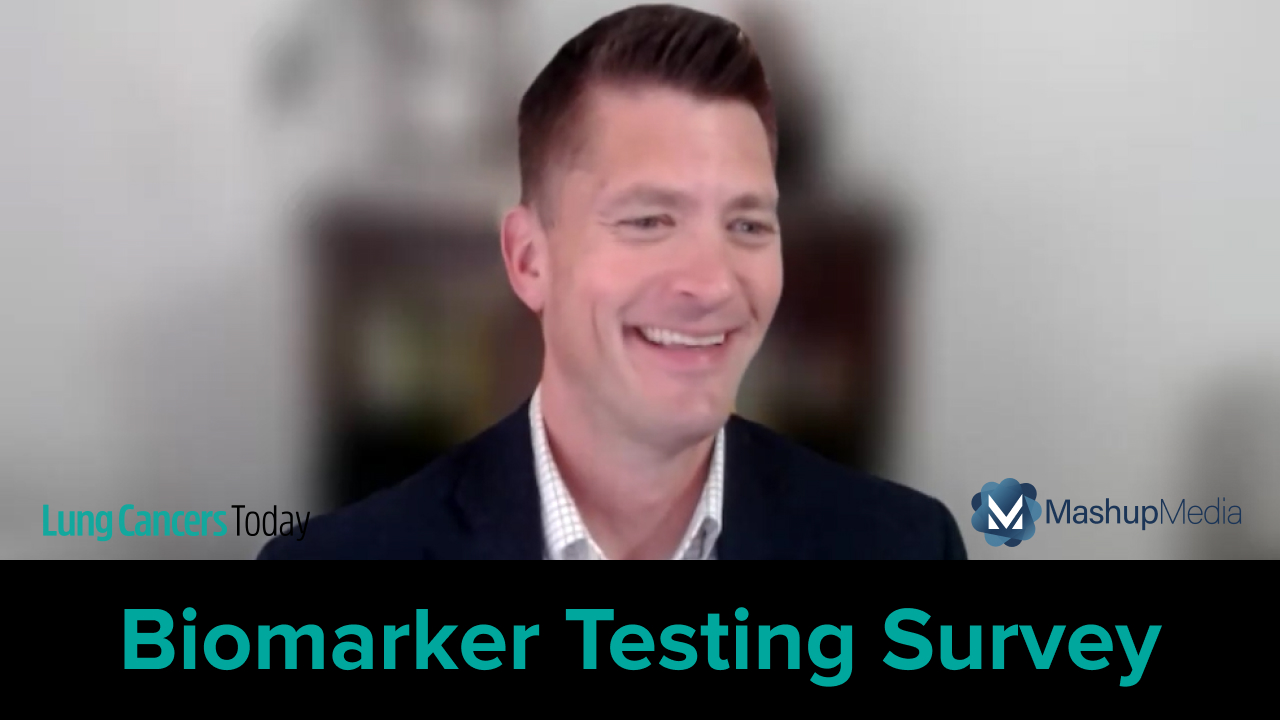
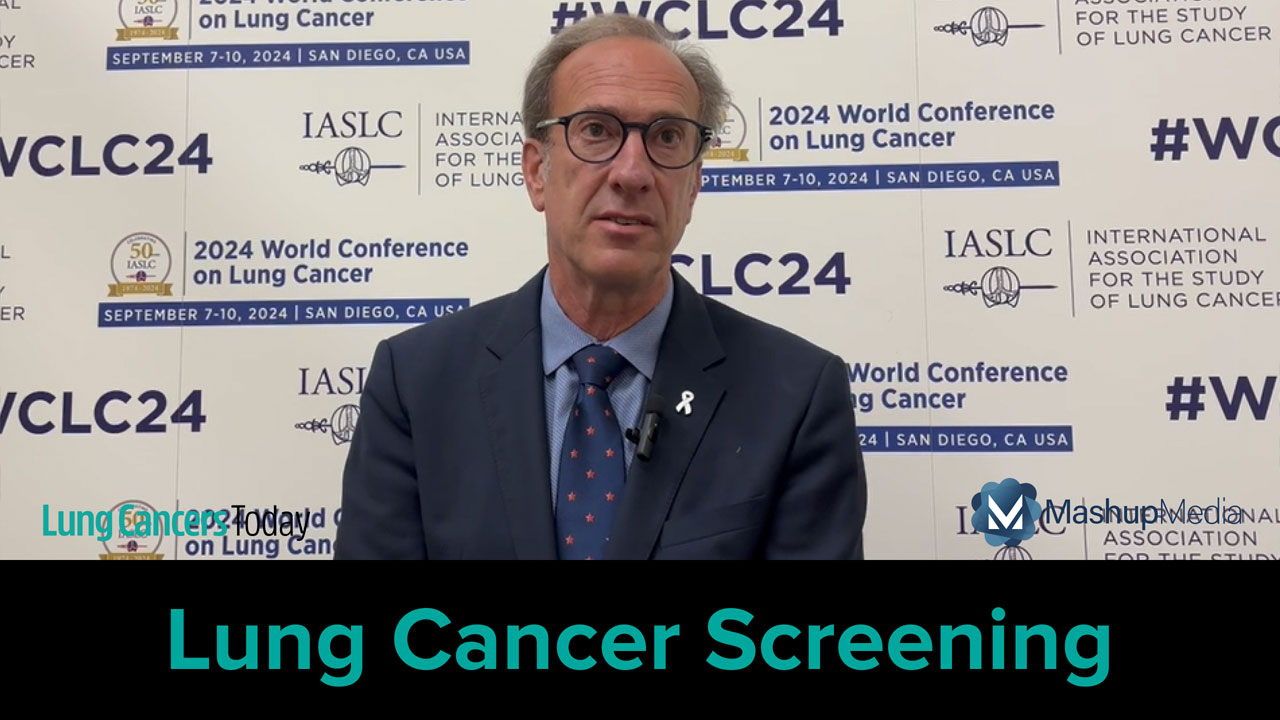

 © 2025 Mashup Media, LLC, a Formedics Property. All Rights Reserved.
© 2025 Mashup Media, LLC, a Formedics Property. All Rights Reserved.